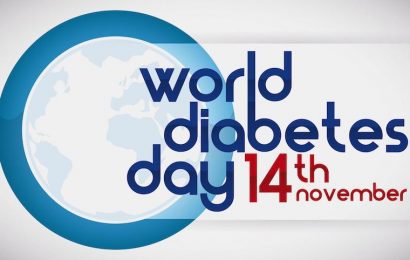People with diabetes — like those with other chronic conditions — tend to deal more frequently with doctors, nurses, hospitals, insurance companies, and other elements of the health-care system than the average person does. As a result, they stand to benefit or suffer disproportionately from any change in the health-care system. So as Congress and the president ramp up efforts to create a comprehensive health-care reform bill and pass it into law, the diabetes community is paying close attention.
DiabetesSelfManagement.com is no exception. Last month, blogger David Spero promoted the virtues of a universal national health insurance program (“Health-Care System Needs Healing”). Diabetes Flashpoints has also featured questions about the health-care system a few times this year.
It has become clear so far in the debate on health-care reform that many Democrats in Congress, as well as President Obama, would like to create a widely-available public health insurance program as an optional alternative to private insurance. Among the many questions about what such a plan would — and should — look like, there is one frequent point of comparison: Medicare. This government-run health insurance program for Americans ages 65 and over is well known, and practically the same, in every corner of the country. It is also the only real-life example of health insurance being run by the federal government.
So it is natural to ask: How is Medicare doing? This is the topic of a recent article in The New York Times, which explores the strengths and weaknesses of the program. The article concludes that Medicare does a good job delivering needed care and holding down costs, but could do a better job weeding out unnecessary care and incorporating innovative changes in its structure (for example, prescription drug coverage was not added until 2003). Almost everyone seems to agree, however, that the country is better off with Medicare than without it.
What do you think — do you have personal experience with Medicare? Are you satisfied with it? Do you think it would be a good model for a widely-available public health insurance option? Leave a comment below!




